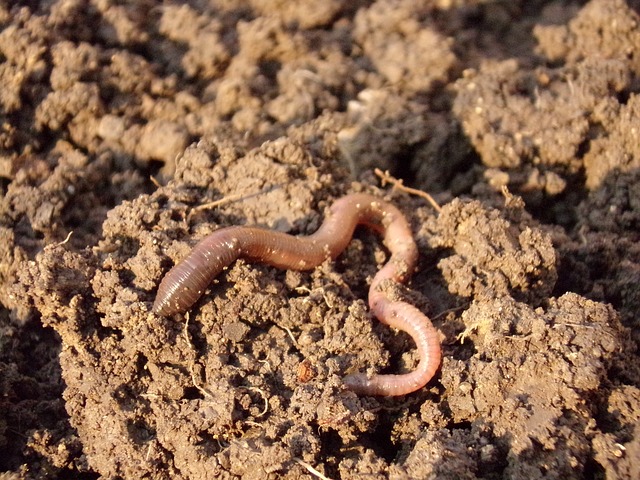
Going about our daily lives, most of us don’t give much thought to the soil that sustains us. Throughout the world, urban areas are becoming more densely populated—which means that more and more of us are standing on “dirt” rather than “soil.”
What’s the difference?
Dirt is dead. Soil is living.
Ask any organic farmer the secret to growing healthy, nutritious food and they’ll tell you: Everything starts with the soil.
Naturally healthy soil contains billions of living microorganisms—from bacteria to nematodes, fungi, protozoa, anthropods and earthworms. Together, they join in a carefully choreographed “bacterial ballet” in which each organism has a specific role to play, from the recycling of nutrients to the decomposition of organic materials and improvement of soil structure.
These beneficial microbes depend on the mineral fraction of the soil to live and to raise their families. While it is natural to assume that minerals are available in a limitless supply—they are not. Missing minerals are just that…missing. No amount of organic matter will make up for mineral deficiencies which, ultimately, lead to poor and infertile soil.
Adding fresh sources of minerals to the soil enhances the ability of microbes to flourish and is the best way to restore the health of the soil naturally. Crushed volcanic basalt in particular is a superior source of essential plant nutrients, including calcium (Ca), magnesium (Mg), iron (Fe), and manganese (Mn). In addition, the silicon that is derived from basalt helps improve plant structure and stress tolerance.
You don’t have to be an organic farmer to appreciate the benefits of volcanic rock dust. Backyard gardeners and indoor growers rely on it to boost the yields of their crops and improve the health of their soil (indoors and out).
Bottom line, crushed volcanic basalt supports and increases microbial activity and provides micronutrients and trace elements that are important to the life cycle of plants. Moreover, rock dust made of volcanic basalt has proven benefits that date back to the 1930s, including increased growth and vitality, more colorful plants, more nutritious crops, and vigorous and stronger plants.
Think of it this way: By adding volcanic rock dust to your soil, you are setting the stage for a magnificent microbial ballet with long-lasting benefits for the planet!
